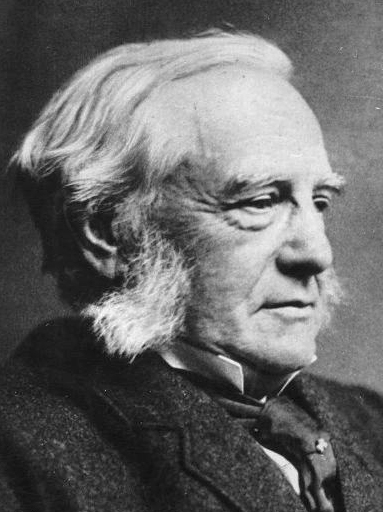|
If I were asked under what sky the human mind has most fully
developed some of its choicest gifts, has most deeply pondered over the greatest
problems of life, and has found solutions of some of them which well deserve the
attention even of those who have studied Plato and Kant, I should point to
India.
Max
Müller

 |
German Sanskrit Scholar - Became Professor of Comparative
Religion at Oxford University |
 |
One of the Founders of University-Level Indian
Studies in Germany and England |
 |
Virtually Created the Academic Discipline of
Comparative Religion |
 |
From Sanskrit Studies Developed Theory that Mythology Is a
"Disease of Language" |
 |
Ideas Which Cannot Adequately Be Described in Language Are
Expressed in Mythological Stories |
 |
All Gods and Mythical Heroes Originated as Representations of the
Mysteries of Nature - Especially the Behavior of Astronomical Bodies such as the
Sun and Moon |
 |
Most Important Work: Sacred Books of the East - English Translations
of Asian Religious Writings, Edited by Müller, in 50 Volumes (Published
1879-1910) |
|